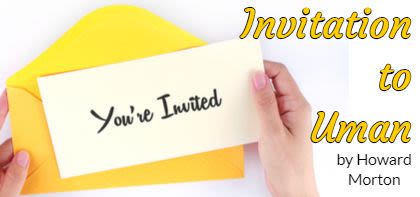
Invitation to Uman
Uman Rosh Hashanah is impossible to describe. It’s a place of Divine Providence revealed. A place of sincere prayer. A place of achieving spiritual awareness and ascent...

Uman is a small Ukrainian town about a three hour drive from Kiev with dusty side streets and a strong Jewish connection, both past and present. It’s where Rebbe of Nachman of Breslev was buried more than two hundred years ago, and it’s where tens of thousands of his followers and admirers from around the world gather on Rosh Hashanah each year.
I had never before been to Ukraine. On my top-ten list of places to visit, Ukraine ranked around 49. But I developed a strong desire to be in Uman for Rosh Hashanah, to pour my heart to G-d at the holy grave of Rebbe Nachman, to recharge my spiritual batteries — for my family’s sake.
Though I live more than five thousand miles from Uman, it might as well have been five million miles. It was out of reach. With skyrocketing expenses and other commitments, I didn’t have an extra dime to take a trip to Eastern Europe.
Yet just a couple of months before the Rosh Hashanah gathering would take place in Uman, my desire to be in Uman grew stronger, and I emailed Rabbi Lazer Brody for advice. Rabbi Brody suggested, “Talk to Hashem 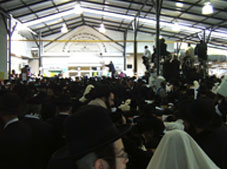 about it for 10 minutes a day for the next 45 days.”
about it for 10 minutes a day for the next 45 days.”
And I did.
Walking through wooded parks, along the side of a muddy river and on densely populated city streets, I devoted 10 minutes a day of my daily hitbodedut, or personal prayer, to asking Hashem for help in getting me to Uman. After doing this for the better part of last summer, I was still without a plane ticket, still without a place to stay and still without any arrangements at all.
It was now only a few days before the 35,000 Jews from all over the world would start arriving in Uman. And I was as far away from getting there as ever.
Until, seemingly out of the blue, I received a phone call at my office.
It was a friend of mine. He had made all his arrangements for traveling to Uman; he had even booked a room that included meals. He called to tell me that something unexpectedly came up that prevented him from traveling to Uman, and he wanted to give his spot in Uman to me. I wouldn’t have to pay a thing; it was on him. The only thing he asked of me was to say Tikkun HaKlalli and pray for him and his family at Rebbe Nachman’s grave.
I thanked him profusely, then hung up and thanked Hashem even more. I was so overwhelmed by this obvious miracle that I started dancing in my office. And almost immediately after this, there were more miracles. My amazing wife cheerfully gave me her consent. And within two hours, I had my plane ticket to Kiev without even paying for it.
The following week, I was on a plane to Kiev via Dusseldorf on my way to Uman. The flight attendants spoke in German, and it was the first time I heard the word “verboten” (forbidden) outside a Holocaust movie or Hogan’s Heroes. After landing at the Kiev airport, I boarded an Uman-bound chartered bus. I rode past incredibly tall Soviet-area apartment buildings clustered in an oasis of oppressiveness, over the Dnieper River and into the Ukrainian countryside.
Three hours later, I arrived in Uman for the first time.
I had heard rumors from those who have never been there that Uman on Rosh Hashanah is a massively wild party scene, part Woodstock and part Mardi Gras. Yes, there was singing and spontaneous live music and even some Chassidim dancing on the streets at times, but not the decadent reveling of the rumors I heard. What I saw was a multitude of Jews yearning to get closer to G-d and happy to be near Rebbe Nachman.
Uman at Rosh Hashanah is a Jewish town. Most of the Ukrainian citizens leave town, renting their apartments to Jews and making much of their income for the year. And Hebrew is everywhere. It’s on signs throughout the town, on the many pamphlets floating around and spoken as the main language by the majority of travelers. Even the few remaining Ukrainians speak it as they try renting their homes last-minute or selling fur hats and Russian trinkets.
The main attraction in Uman, of course, is Rebbe Nachman’s grave site. And it’s no wonder. With two of his closest followers as witnesses, Rebbe Nachman made this compelling promise more than two centuries ago:
“When my days are over and I leave this world, I will intercede for anyone who comes to my grave, recites the Ten Psalms of the General Remedy — the Tikkun HaKlali — and gives some charity. No matter how serious his sins and transgressions, I will do everything in my power to save him and cleanse him. I will span the length and breadth of the Creation for him. By his peyot (side locks) I will pull him out of Hell!” (Rabbi Nachman’s Wisdom #141).
Saying the Tikkun HaKlali at Rebbe Nachman’s grave site with the heightened sense of spiritual awareness I felt there is an amazing experience. In fact, just being in Uman is an amazing experience. The forging of new friendships. The unity among Jews of every stripe: Chasidic, Yeshivish, secular, Israeli, French, Spanish, British, Argentinian, American, just to name a few. The applause at the words “The King” on Rosh Hashanah morning. The incredible 20-minute version of L’cha Dodi on Erev Shabbat in the Kloyz (Uman’s main Breslev synagogue) while dancing to Rebbe Nachman’s own melody.
Then there’s doing hitbodedut in the very town Rebbe Nachman and his main disciples did it. Getting a blessing from Rabbi Shalom Arush. Hearing inspiring words of Torah in English from Rabbi Lazer Brody, Rabbi Chaim Kramer and Rabbi Nosson Maimon. Walking into Rosh Hashanah spiritually clean after going to the mikvah at 2 am, followed by the Slichot service at the Kloyz, the Shacharit service at sunrise and then Viduy (confession of sins) to Hashem at Rebbe Nachman’s grave site.
Uman Rosh Hashanah is impossible to describe in just a few paragraphs. It’s a place of Divine Providence revealed. A place of sincere prayer. A place of achieving spiritual awareness and ascent. A life-changing place where events and people and opportunities all come together in amazing ways.
But the feeling that stood out most for me while I was there was the feeling of being invited. As strange as it may sound, I felt that Rebbe Nachman invited me.
After all, Rebbe Nachman himself said, “Whether you eat or don’t eat; whether you sleep or don’t sleep; whether you pray or don’t pray [with proper concentration]; just make sure you are with me for Rosh HaShanah” (Tzaddik, #404).


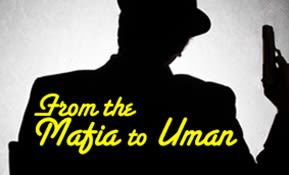
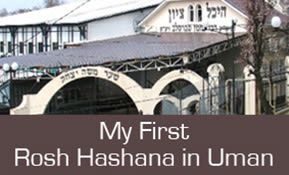
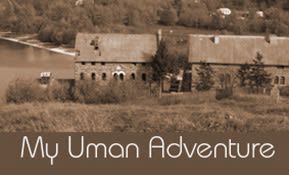
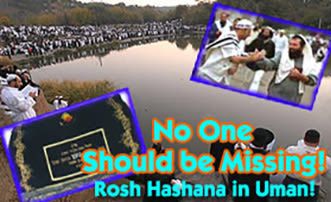
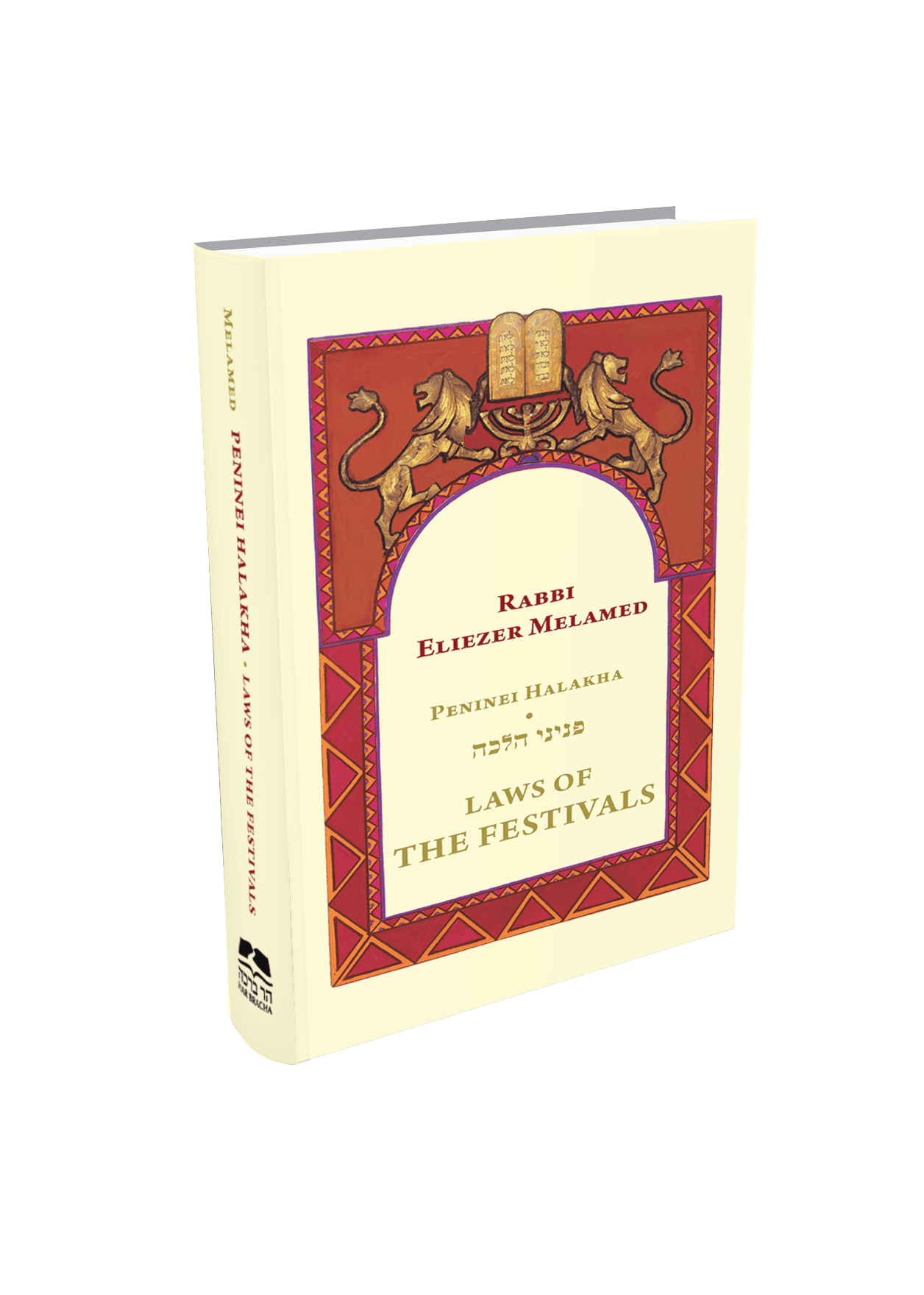
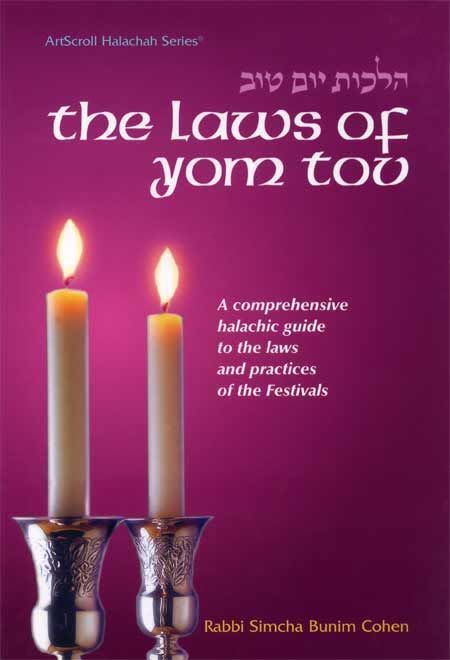
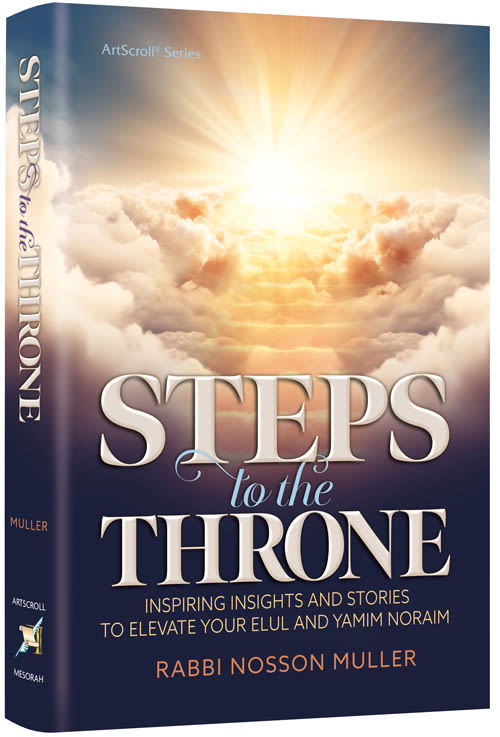
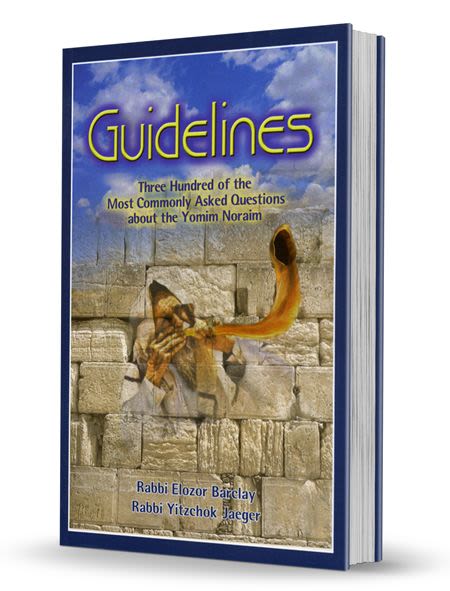
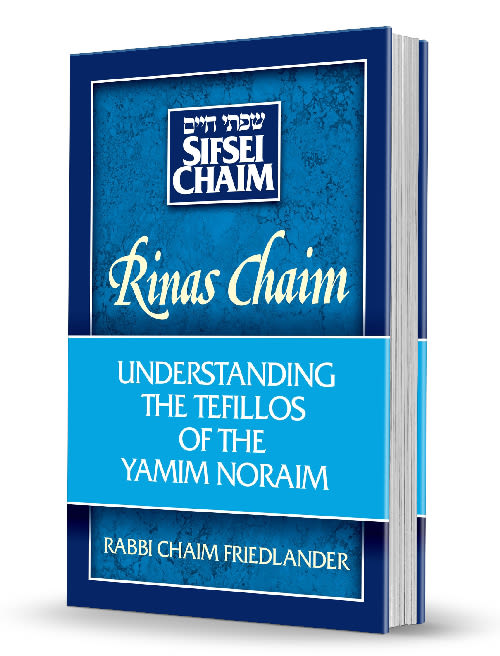
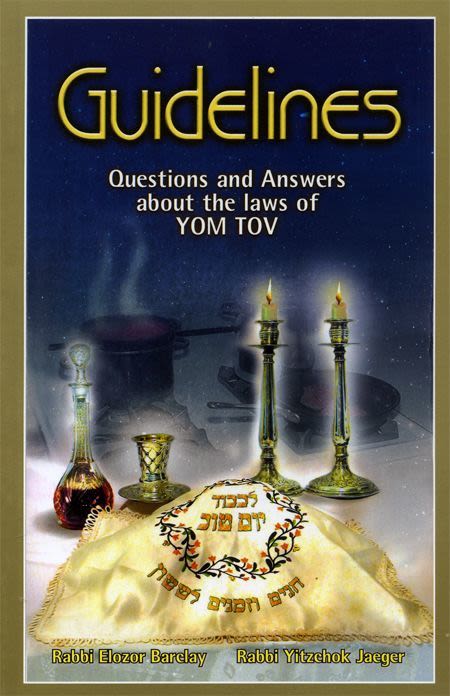
9/20/2019
There are signs all over Israel saying "Go… Feel… Understand" It's nicer in Hebrew with the matching words but anyway, it's true. You don't understand why until you've done it once. But once you have, Uman is the only place you'll be for Rosh Hashanah if you have anything to say about it! Every single person I know who went with an open mind, had a special experience there.